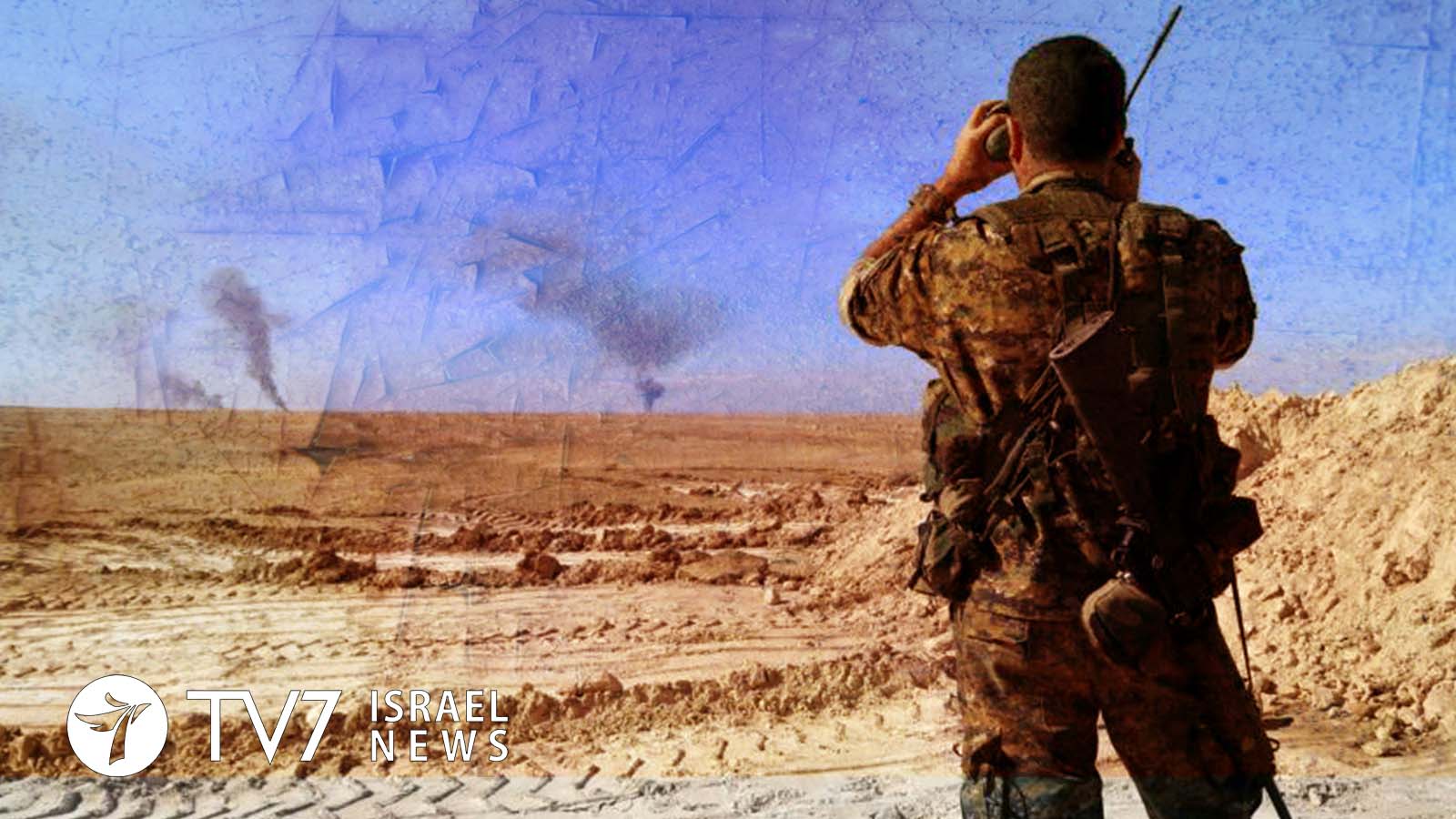After more than 24 hours of hostilities, during which the Islamist groups in the Gaza Strip launched more than 200 rockets and mortar shells indiscriminately toward Israel’s southern communities and the Israeli military attacked more than 150 targets across the Palestinian enclave, an Egyptian mediated ceasefire was reportedly reached. The violent escalation deteriorated on Tuesday, when an Israeli tank targeted a militant post belonging to Hamas, from which the IDF said ‘militants opened fire toward Israeli troops patrolling the border.’ Hamas immediately rejected the IDF’s claim, emphasizing that two of its fighters took part in a demonstration of a gunfire exercise that was overseen by a group of senior Hamas leaders from outside of the Gaza Strip that were visiting the enclave to discuss with the Islamist group’s local leaders the ongoing efforts to reach a long-lasting ceasefire with Israel. A day after the deadly incident occurred, Hamas and the Islamic Jihad responded with a massive barrage of rockets towards Israel’s southern communities. Hamas’ spokesman Fawzi Barhoum emphasized that it viewed Israel as solely responsible for the escalation. “The Israeli occupation is responsible for the escalation in Gaza and (in the confrontation) with the resistance (referring to Hamas) when they (Israelis) killed the resisting Palestinians in cold blood and didn’t stick to the truce reached in coordination with Egypt and the United Nations,” Hamas Spokesman Fawazi Barhoum said.
In response to the massive barrage of rocket-fire, the Israeli Air Force responded by launching a series of bombardments against militant installations across the Gaza Strip, as well as pre-emptive targeting of rocket-launching cells. IDF spokesman Lieutenant-Colonel Jonathan Conricus emphasized that the IDF’s main focus pertains to its preparedness in case of a wider-escalation, with a clear aim to defend the civilians of Israel. “The important part from our perspective, from the IDF (Israeli Defense Forces) perspective, is that we are ready, prepared for different scenarios, constantly assessing the situation, analyzing intelligence, understanding what the other side is trying to do and of course having a clear aim at our mission which is to defend the civilians in Israel,” Israeli Military Spokesman Lieutenant Colonel Jonathan Conricus said.
While both sides exchanged blows, Egypt applied pressure on both Israel and Hamas to bring about an immediate cessation of hostilities. During the late hours of Thursday morning, Egypt managed to convince Hamas to halt its aggression toward Israel, yet sources told TV7 that Islamist field commanders refused to obey Hamas’ political leadership, indicating a weakening of the Islamist group’s grip over the Palestinian enclave. In Israel, on the other hand, Prime Minister Benjamin Netanyahu convened a meeting of the country’s top echelons of the defense establishment, including Defense Minister Avigdor Lieberman, IDF Chief of Staff Lieutenant General Gadi Eisenkot and Head of the National Security Council, among other top officials. The meeting lasted for about four-hours, after which the security cabinet issues a shot statement, saying it had directed the IDF “to continue taking strong action against the terrorist elements.” Meanwhile in the southern communities of Israel, residents voiced their frustration at the reality they have to live in, primarily the challenge it poses to their children. “First of all, we didn’t sleep all night from all the sirens and alerts here in the area. There were many hits in the area, every hit causes anxiety and distress, you immediately run to the sheltered room and you don’t sleep all night. The children here suffer from severe anxieties because of this situation. I had to send my daughter up north and my son to central Israel,” Resident of Southern Israel Simon Peretz said.
“It is an unbearable reality for the children. We will see what happens, in which direction it will develop,” Resident of Southern Israel.
In the Gaza Strip, residents voiced frustration with their leadership and the Arab world, accusing the latter of supporting Israel, while the local leadership only thinks of its survival at the expense of the population’s well-being. “All the Arab leaders are supporting Israel in a clear way and the people here in Gaza are living on garbage. They are just surviving, people are looking for food in the garbage and the leaders don’t feel the people. It is enough,” Gaza Resident Mohammad Abu Jarrad said.
